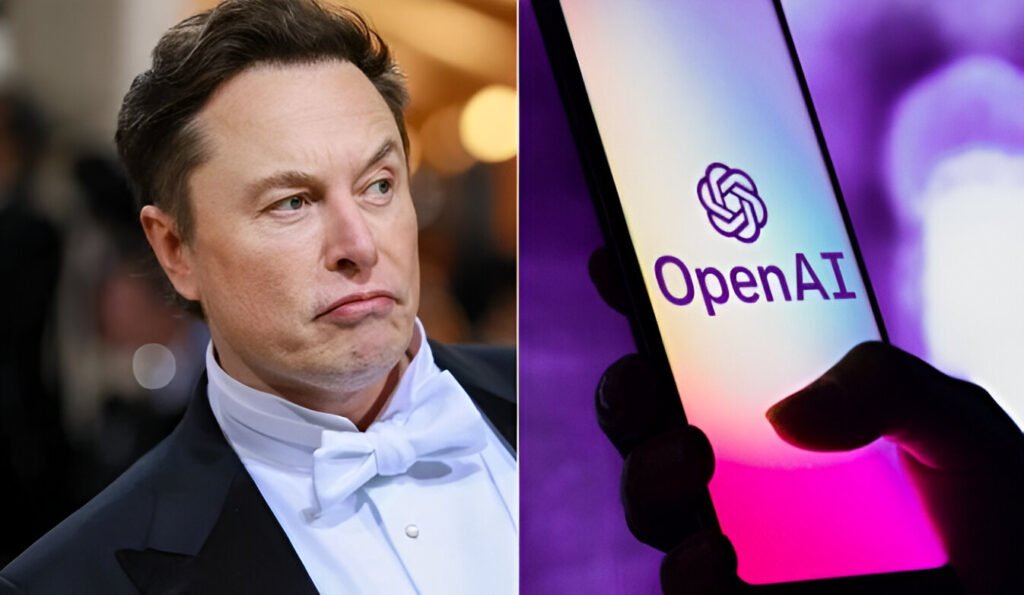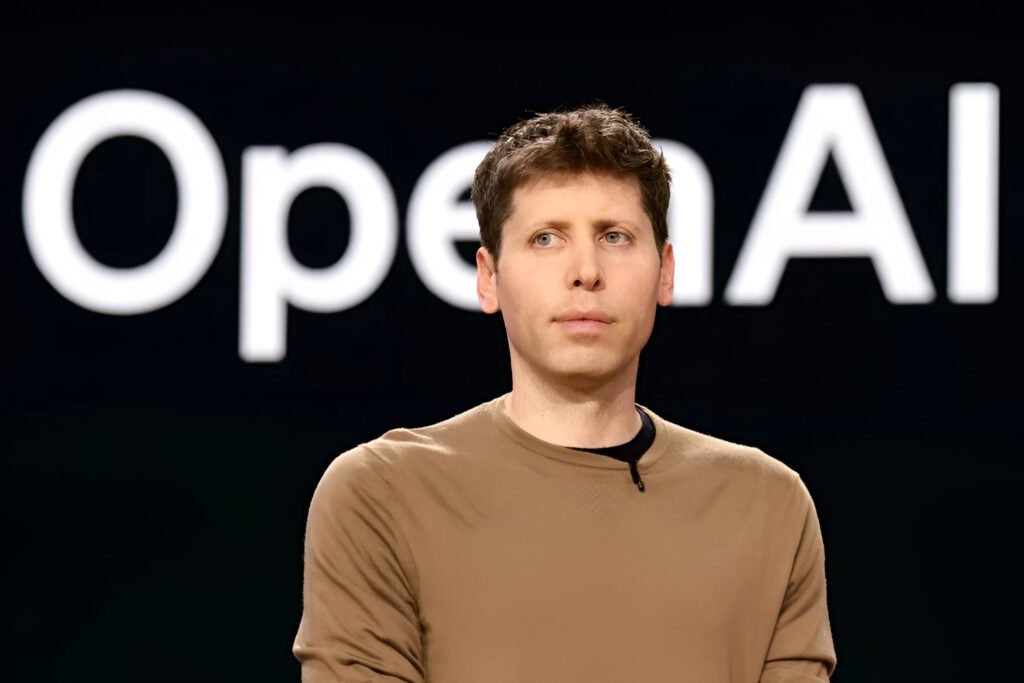
In a significant development in their ongoing legal conflict, OpenAI has launched a countersuit against Elon Musk, alleging a persistent harassment campaign designed to damage the company’s operations and reputation. This action follows Musk’s previous lawsuit, which claimed that OpenAI had strayed from its foundational nonprofit mission. The countersuit highlights the deteriorating relationship between Musk and the AI research organization he helped establish, bringing to the forefront complex issues related to corporate governance, competition, and the ethical advancement of artificial intelligence.
Origins of the Dispute
In 2015, Elon Musk, along with Sam Altman and several others, co-founded OpenAI with the intention of advancing artificial general intelligence (AGI) for the greater good of humanity. However, Musk resigned from the board in 2018, citing possible conflicts with Tesla’s AI initiatives. Following his exit, OpenAI implemented a “capped-profit” model to attract necessary funding for its research endeavors, a move that Musk later criticized as a betrayal of the organization’s foundational principles.
In August 2024, Musk initiated legal action against OpenAI and its CEO, Sam Altman, alleging that the organization had shifted its focus from serving the public interest to prioritizing profit, particularly through its partnership with Microsoft. Musk contended that this transformation contradicted OpenAI’s initial mission and constituted a violation of fiduciary responsibility.
OpenAI’s Allegations
In April 2025, OpenAI responded with its own lawsuit, accusing Musk of executing a deliberate strategy to obstruct the company’s advancement and gain control over its AI technologies. The lawsuit claims that Musk’s actions, including a $97.4 billion takeover proposal made in February 2025, were disingenuous and intended to undermine OpenAI for his own competitive advantage through his AI venture, xAI.
OpenAI’s legal representatives claim that Musk’s actions amount to harassment, intended to disrupt the company’s operations and damage its reputation. They assert that Musk’s legal strategies are deliberately crafted to benefit xAI by obstructing OpenAI’s progress in the artificial intelligence field.

Legal Proceedings and Implications
A federal judge has set a jury trial for spring 2026 to resolve the disputes between Musk and OpenAI. This timeline provides both parties with the opportunity to prepare their arguments and could have far-reaching consequences for the AI industry, especially concerning the transition of companies from nonprofit to for-profit structures and the ethical implications of AI development.
OpenAI argues that its transition to a for-profit model was crucial to obtain the estimated $40 billion required for its research and development efforts. The organization believes this decision is in line with its mission to responsibly advance artificial general intelligence (AGI) for the benefit of humanity.
Public and Industry Reactions
The legal battle between Musk and OpenAI has attracted considerable attention from the technology sector and beyond. Industry analysts are closely observing the proceedings, as the outcome may affect future partnerships, funding approaches, and ethical standards within the AI industry. Critics of Musk contend that his actions signify an effort to monopolize AI progress and suppress competition, while his supporters argue that he is championing the ethical development of AI technologies. Meanwhile, OpenAI is under scrutiny regarding its structural changes and collaborations, raising concerns about its commitment to ethical practices and transparency in its operations.
Looking Forward: The Future of AI Governance
This legal dispute emphasizes the intricate nature of AI governance, especially in the context of balancing innovation, ethical principles, and corporate interests. As AI technologies advance at an unprecedented pace, it becomes increasingly essential to establish clear frameworks for accountability and collaboration.
The conflict between Musk and OpenAI illustrates the difficulties organizations encounter in aligning their operational strategies with their foundational missions, particularly in sectors marked by swift technological progress and significant funding demands.
As the trial date nears, both members of the AI community and the general public will be paying close attention. The result of this case has the potential to establish significant precedents concerning the organization of AI entities, their funding strategies, and their adherence to ethical guidelines, which could ultimately shape the future trajectory of AI development in the years ahead.











